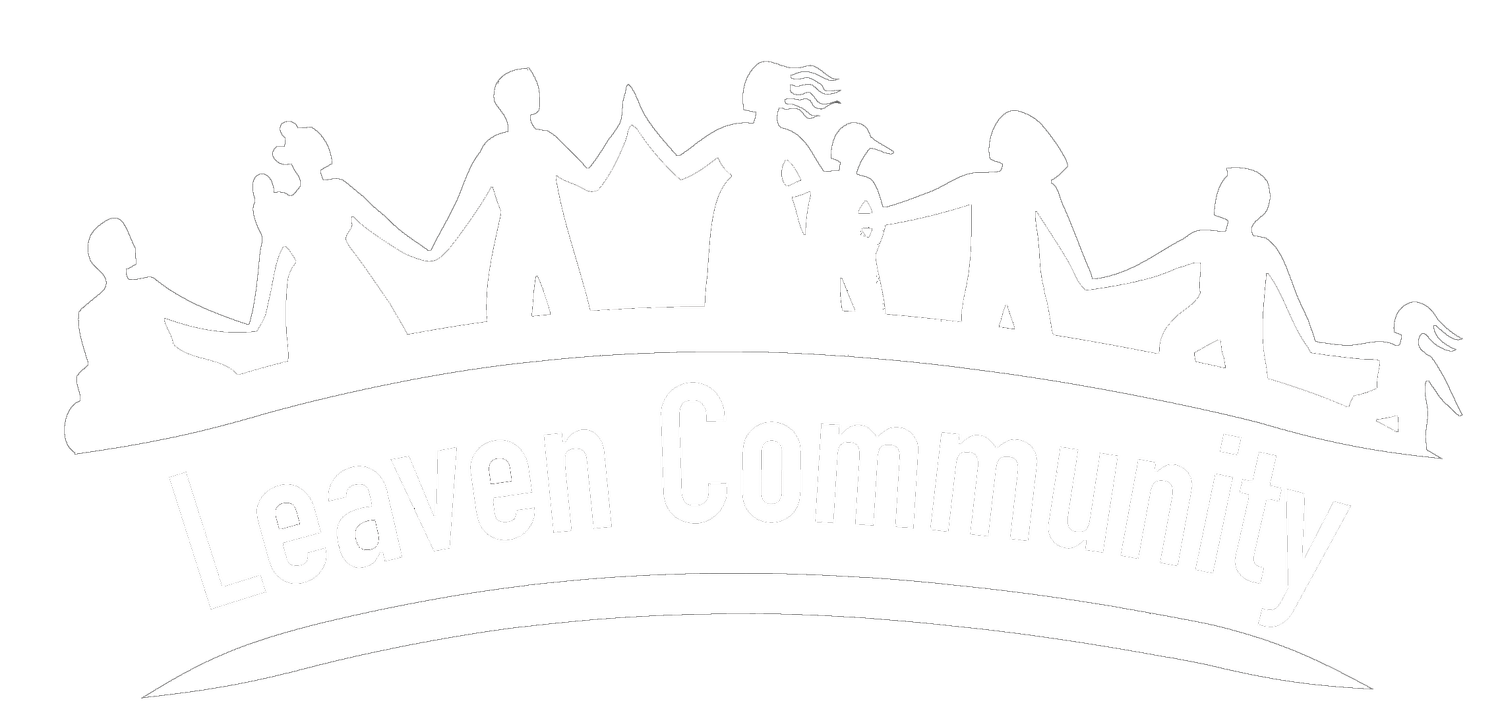Discussion Facilitator: Bruce Cantwell. August 24, 2019.
In working our way through the Satipatthana Sutta, the root document for mindfulness or insight meditation, we followed the body from breath to decomposition, observed how emotions arise by assigning meaning to bodily sensations, and practiced awareness of the comings and goings of various mental states relating to mood and concentration.
We now turn to awareness of dhammas, which Bhante G. translates, "whatever our minds can remember, imagine, think, create, or produce by way of mental processes."[1]
As we move into the fourth and final frontier of awareness, the focus shifts from observation to awareness of how we process our inner and outer worlds.
Discussion
We discussed some quotations related to our mental constructs, first from some non-Buddhist sources:
Ichiro Kishimi and Fumitake Koga "None of us live in an objective world, but instead in a subjective world that we ourselves have given meaning to. The world you see is different from the one I see, and it's impossible to share your world with anyone else."[2]
We agreed that our access to an objective world was dependent upon our sensory experience of that world. Various animals have access to different information about the world than we do, etc. Our ability to share our experience is limited to language and other forms of expression but is always inexact.
Srikumar S. Rao: "I think the single most important thing that we can do is to recognize that we do not live in a real world. We live in a construct, and we made it. That’s actually a hugely liberating concept because if what we live in is THE reality, then we’re stuck. There’s nothing we can do about it. Grin and bear it. But if what we’re living in is A reality, then there’s a lot we can do about it. We can deconstruct the parts of it that are not working, that we don’t like, and build it up again."[3]
We questioned whether people with mental illness (such as schizophrenia) have choice in constructing their reality. We also reflected on the lives we have constructed through our conscious choices.
William Shakespeare: "There is nothing either good or bad, but thinking makes it so."[4]
This quotation sparked the most debate. Hitler was offered as an example of evil. We explored this from the perspective intention and effect. One example comes from the same book as our first quotation The Courage to Be Disliked.
PHILOSOPHER: Have you heard the saying, "No one desires evil"? It's a proposition generally known as a Socratic paradox.
YOUTH: There's no shortage of people who desire evil, is there? Of course, there are plenty of thieves and murderers, and don't forget all the politicians and officials with their shady deals. It's probably harder to find a truly good, upright person who does not desire evil.
PHILOSOPHER: Without question, there is no shortage of behavior that is evil. But no one, not even the most hardened criminal, becomes involved in crime purely out of a desire to engage in evil acts. Every criminal has an internal justification for getting involved in crime. A dispute over money leads someone to engage in murder, for instance. To the perpetrator, it is something for which there is a justification and which can be restated as an accomplishment of "good." Of course, this is not good in a moral sense, but good in the sense of being "of benefit to oneself."
YOUTH: Of benefit to oneself?
PHILOSOPHER: The Greek word for "good" (agathon) does not have a moral meaning. It just means "beneficial." Conversely, the word for "evil" (kahon) means "not beneficial." Our world is rife with injustices and misdeeds of all kinds, yet there is not one person who desires evil in the purest sense of the word, that is to say something "not beneficial."[5]
Finally, some Buddhist perspectives.
Matthieu Ricard: "By happiness I mean here a deep sense of flourishing that arises from an exceptionally healthy mind. This is not a mere pleasurable feeling, a fleeting emotion, or a mood, but an optimal state of being. Happiness is also a way of interpreting the world, since while it may be difficult to change the world, it is always possible to change the way we look at it."[6]
Siddhartha Gautama: "Whatever one keeps pursuing with one's thinking and pondering, that becomes the inclination of one's awareness."[7]
We agreed that this is basic neuroscience.
Complete Series on the Four Fields of Awareness
[1] Gunaratana, Henepola. The Four Foundations of Mindfulness in Plain English, Wisdom Publications, 2013
[2] Kishimi, Ichiro, and Koga, Fumitake. The Courage to Be Disliked: the Japanese Phenomenon That Shows You How to Change Your Life and Achieve Real Happiness. Simon & Schuster, Incorporated, 2019.
[3] Rao, Srikumar S. The Greater Good Podcast. https://greatergood.berkeley.edu/podcasts/item/srikumar_rao_on_happiness_at_work
[4] Shakespeare, William. Hamlet, Act 2, Scene 2.
[5] Kishimi, Ichiro, and Koga, Fumitake. Op. cit.
[6] Matthieu Ricard. Arreola, Gonzalo. “Happiness Is a State of Mind.” Exploring Your Mind, 13 Feb. 2019, exploringyourmind.com/happiness-state-mind/.
[7] Dvedhavitakka Sutta: Two Sorts of Thinking" (MN 19), translated from the Pali by Thanissaro Bhikkhu. Access to Insight (BCBS Edition), 30 November 2013, http://www.accesstoinsight.org/tipitaka/mn/mn.019.than.html .

